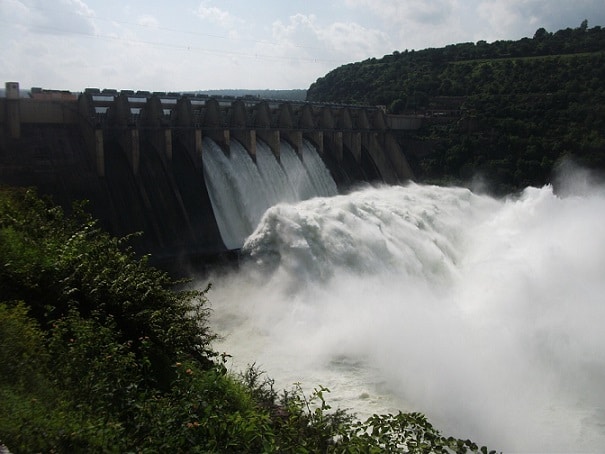As one of the topics every country fears to see, the mere idea that water may run out in any country strikes a lot of fear into people’s hearts.
Headlines: South Africa will run out of water in 2030
Unless something is done today, that is. The management of the country’s precious resources are in the hands of those who seem to not know what they’re doing at all, and while it’s easy for a politician, to say that the problem is being reviewed or plans are being set in place to correct it, can we really trust the politicians of our beloved, but corrupted country?
The problem
Everybody is looking at the city of Cape Town whenever water gets brought up, but what about the rest of the country? Are their more parts of South Africa we should be concerned about, or requires drastic change?
Well, just after summer in 2018, Cape Town residents were forced down to using only 80 liters of water a day, which was the result of having years of inadequate levels of rainfall.
Even though Cape Town’s dams have replenished themselves, it’s quite frightening to think that ˜day zero’, a day that was feared in the Western Cape, could very well occur in the future, and this time for good too.
Water availability is deteriorating, due to supply contracts and the demand for water increases, because of growth in population, insufficient usage, degradation of wetlands, urbanization, and the shift in climate change.
There are thus many reasons why South Africa is losing water and won’t be able to sustain the future supply of water if the management thereof, is not taken seriously and change is not implemented accordingly.
Even though one form of water management, the municipalities, stepped in to meet water-conservation targets, it didn’t get very far. Their efforts in implementing water restrictions did, however, show that residents can adapt to using less water when it is required to do so.
Buy water dispenser and rent water dispenser from Living-Water in London.






